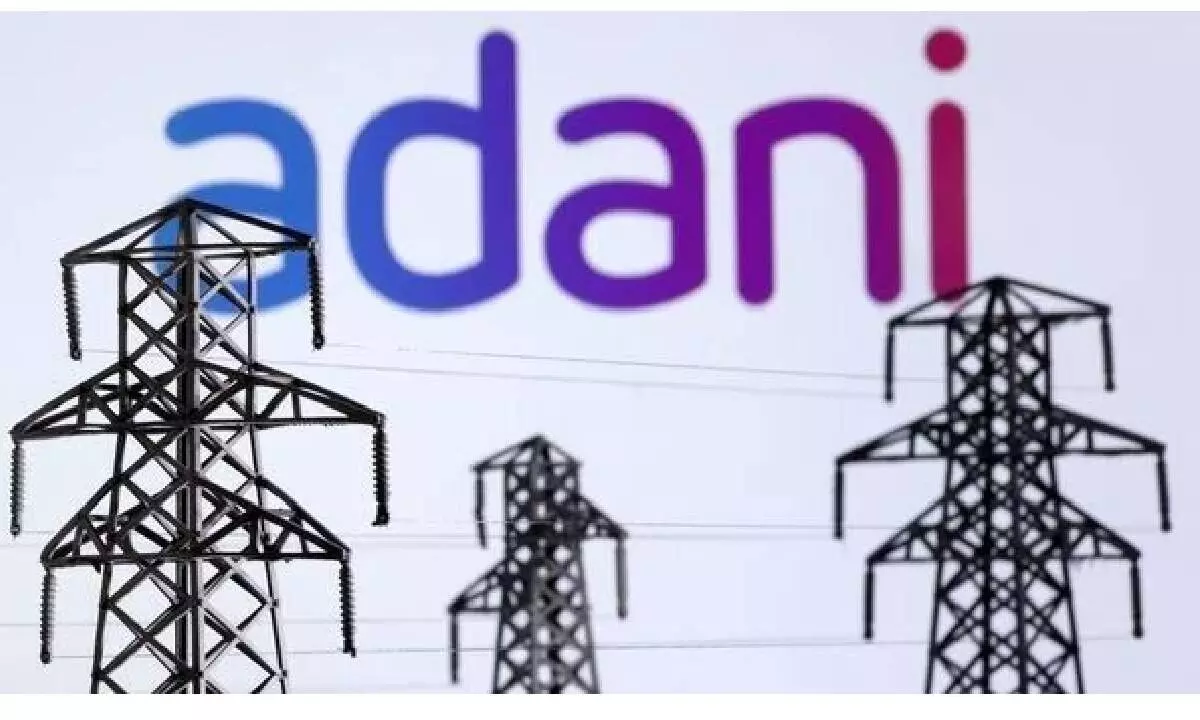Stake sale in Adani Power: Will it bring investors to power sector?
The 8.10% stake in Adani Power for $1 bn makes US based investment fund largest ever single buyer in India
image for illustrative purpose

Mumbai GQG Partners, the US based investment fund acquired 8.10 per cent in Adani Power Ltd, the thermal power generation arm of Adani Group, in a landmark trade on Wednesday, which is the largest ever single buyer – single seller trade in India’s stock markets valued at over $1 billion.
This event is historic in another sense, that it marks the return of the power sector investors in India, which had left the sector in the wake of various issues including liquidity, DISCOM creditworthiness, delays in tariff determination and regulatory issues, sources familiar with the development told Bizz Buzz.
The Indian government since 2014 has consistently worked on addressing the issues in the power sector with special focus on the thermal power sector which delivers over 80 per cent of India’s total electricity consumption which have resulted in a complete turnaround in the performance and outlook of thermal power plants in India, the source added.
GQG Partners has bought 31 crore shares of Adani Power in the largest ever secondary market equity deal, promoter Adani family sold the stake for over Rs9,000 crore. In addition to the above, the other steps taken by the government has resulted in an explosion of overall energy demand in this period which has been met by the judicially mix of both renewable and conventional power.
Adani Power Ltd, is the largest private sector thermal power company in India and has one of the youngest and state of art fleet. 80 per cent of its capacity is Super critical and latest units are Ultra Super critical. Compared to average emission norms, it operates at about 25-30 per cent lower emissions with 700 Kg/Kwh. Its Sustainability rating by independent agencies make it one of top ranking entities on ESP aspects in the country. The APL fleet plays dual role - Base load as well as grid balancing role by providing desired generation when Renewable Energy is not able to generate during non-Sunny, non-windy hours! APL has displayed a turnaround story and its EBITDA went from Rs5,401 crore in FY2015 to Rs14,427 crore EBITDA in FY2023.
The GQG investment in Adani Power is a landmark deal that showcases another vertical in the emerging energy transition space in which Adani portfolio companies are playing a leading role. This transaction also highlights the vote of confidence of global investor in India’s new age and re-energised power sector that is being propelled by energy transition plan of Indian government.
Adani Power (APL) along with Adani Green (AGEL), Adani TOTAL Gas Limited (ATGL), Adani Energy Solutions Ltd (AESL), Adani New Energies Ltd (ANIL) today owns the largest and the most diversified energy and utility business in India. Adani Energy portfolio is at the forefront of this transition with a target to own 45GW renewable power by 2030 (including 15 GW at a single site at Khavda, the world’s largest single location renewable project) in AGEL, the largest green hydrogen ecosystem in India, by 2030, rapidly developing integrated renewable manufacturing ecosystem (recently commissioned India’s largest glass furnace, 600 TPD) the largest private sector city gas distribution business leading to decarbonization of cooking fuel, all at a time when it continues to balance the grid with a fossil fuel generation business in Adani Power, which shall be phased down along with India’s increasing focus on renewable power, as outlined in India’s COP26 statement.
At the same time, AESL is playing a pivotal role in developing transmission infrastructure for the new age electricity grid (for example under construction HVDC line in Mumbai), while the distribution business will aim to emulate successes in Mumbai Electricity, which is today 30 per cent renewable energy (up from 3% in 2019). AESL is further committed to $4 billion capex program of smart meters, to enhance efficiency and grid management for the increasing penetration of renewable power.

